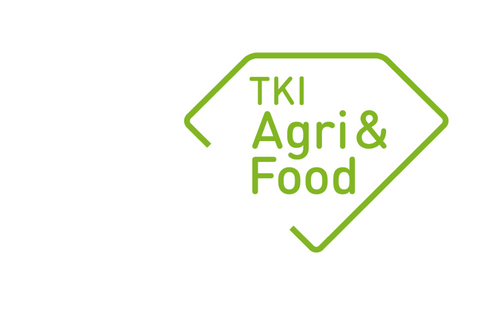Projecttitel: Valorization of licorice root byproduct for safe, natural antimicrobials
Projectnummer: AF-18124
Missie: Gewaardeerd, gezond en veilig voedsel
MMIP: Duurzame en veilige verwerking (D4)
Looptijd: 2019 – 2022
Budget publiek: € 272.000
Budget privaat: € 272.000
Projectleider: Jean-Paul Vincken
Betrokken partijen: Cavex, Delacon Biotechnik, Ruitenberg Ingredients, Unilever, Wageningen University & Research
Plant antimicrobials offer high effectiveness, low toxicity and low incidence of resistance development. Therefore, industrial interest in developing products containing such compounds to combat (persistent) microorganisms in different settings is growing. In addition, consumers are demanding more naturally preserved (food) products, and they strongly oppose use of antibiotics in meat production or synthetic/artificial preservatives (e.g. benzoates). Licorice roots have a longstanding safe use in traditional medicine, and their prenylated phenolic compounds (e.g. glabridin) were shown to have antimicrobial activity with potency similar to commonly used antibiotics. In current industrial applications of licorice roots, these antimicrobial phenolics are left untouched , as part of the licorice root byproduct (spent).
This project seeks the development of broad spectrum antimicrobial extracts by (i) identifying the most potent antimicrobials from licorice root spent and their spectrum of activity against problematic spoilage and pathogenic microorganisms relevant to the food, feed, and oral care; (ii) assessing the safety and potential (positive/negative) health aspects of licorice root spent antimicrobials, by using an innovative 2D mini-gut organoid model; (iii) defining routes for valorization of licorice root spent from commercially relevant licorice species.
Plant extracts currently marketed as preservatives are not as effective as conventional preservatives (e.g. benzoates), especially against yeast and moulds. The reason for this is that common secondary metabolites in foliage, fruits or seeds of crop plants are often not effective in killing (pathogenic) microorganisms. Roots of plants, in contrast, are constantly exposed to soil microorganisms, upon which a wide range of antimicrobials is elicited. Nowadays, licorice roots are extracted for their intense sweeteners, but valorization of the resulting > 51,000 tonnes of licorice root spent has been grossly neglected. The natural antimicrobials from this forgotten resource will be tapped, and their properties in terms of antimicrobial potency and spectrum mapped, together with their safety and health benefits.The latter will be studied in a state-of-the-art intestinal organoid model representative for the ‘gatekeeper’ function of the gut.
These natural and effective antimicrobials will (i) enable the replacement of antimicrobials perceived as synthetic chemicals by clean label ones, and (ii) possibly promote health, especially in populations at risk (e.g. elderly, children). Valorization of licorice root spent yields an estimated 700 tonnes of natural preservatives. Besides opportunities for the licorice-processing industry in diversifying their product portfolio, novel antimicrobials will become available to other market segments (e.g. food, feed, oral care). Knowledge about the licorice antimicrobial’s diversity, potency and specificity is of great scientific importance and will lead to systematic understanding of these molecules’ properties for discovery of functional analogues and future use in other settings.
Link:
Deel dit bericht

